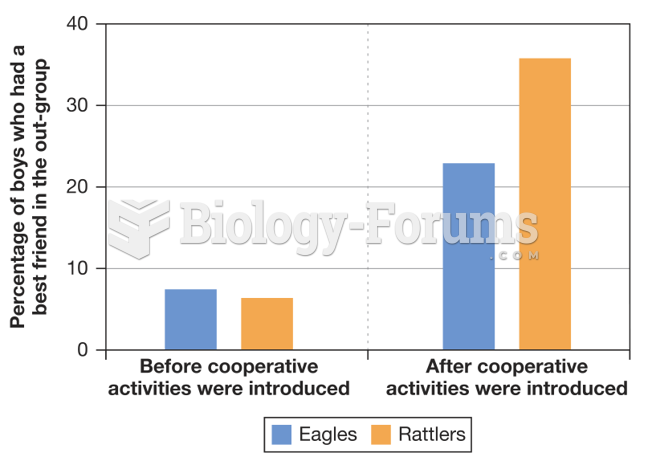- Grade 11 and 12 Mathematics (Moderator: geoffrey)
This topic contains a solution. Click here to go to the answer
|
|
|
- Grade 11 and 12 Mathematics (Moderator: geoffrey)
Did you know?
Individuals are never “cured” of addictions. Instead, they learn how to manage their disease to lead healthy, balanced lives.
Did you know?
Eating carrots will improve your eyesight. Carrots are high in vitamin A (retinol), which is essential for good vision. It can also be found in milk, cheese, egg yolks, and liver.
Did you know?
Illicit drug use costs the United States approximately $181 billion every year.
Did you know?
Russia has the highest death rate from cardiovascular disease followed by the Ukraine, Romania, Hungary, and Poland.
Did you know?
The heart is located in the center of the chest, with part of it tipped slightly so that it taps against the left side of the chest.







